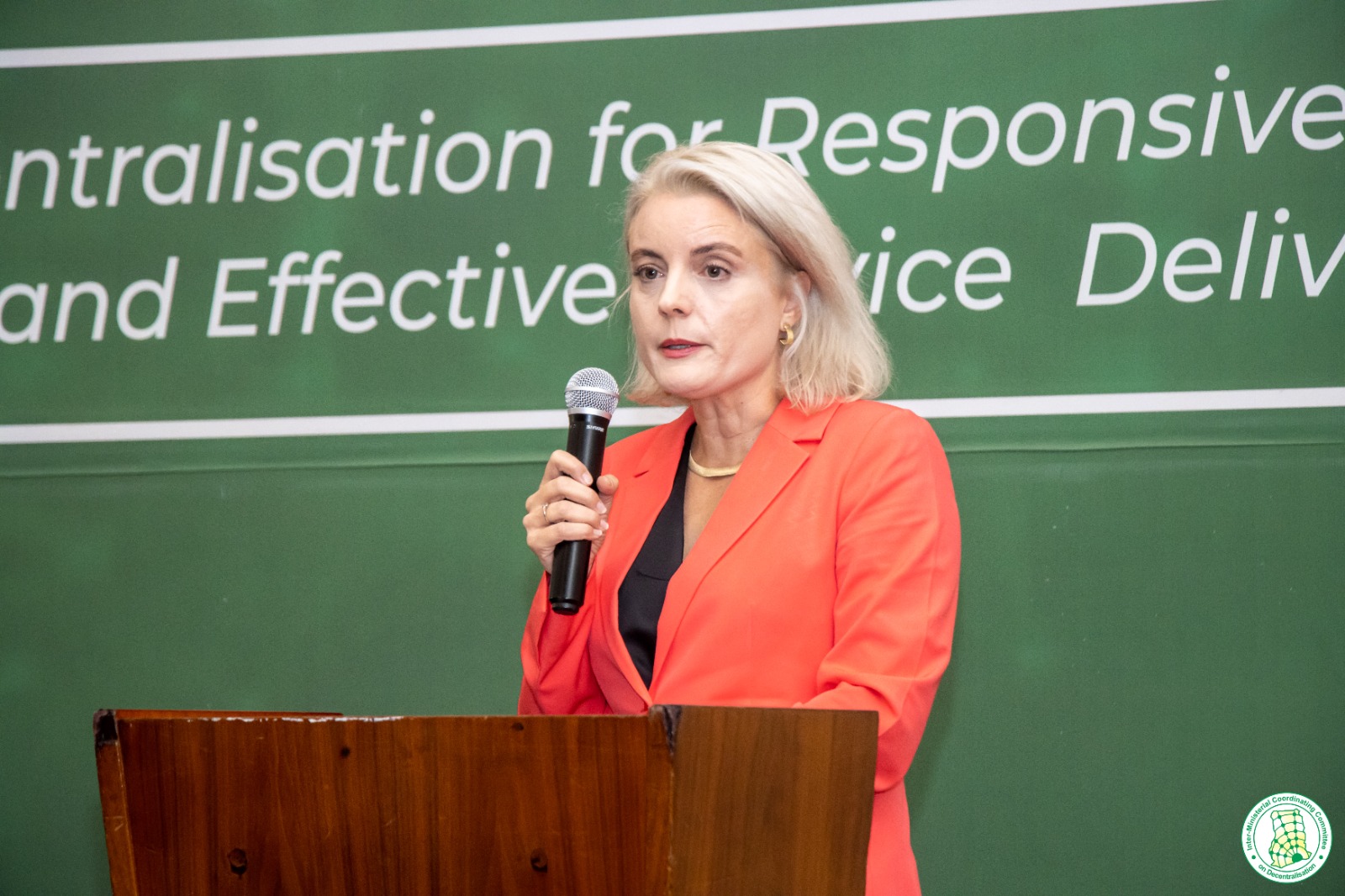The Minister for Local Government, Chieftaincy and Religious Affairs, Honourable Ahmed Ibrahim, has underscored decentralisation as the foundation of Ghana’s renewed development drive under the Reset Agenda of President John Dramani Mahama. He said this at the National Dialogue on Decentralisation and Local Governance held in Accra.
Honourable Ibrahim affirmed that the Ministry remains committed to deepening local governance and strengthening the decentralisation framework to empower citizens and promote inclusive growth. He stressed that decentralisation is not just a structural reform, but a people-centred approach that enables government to respond directly to community priorities.
The Minister announced that government has released GH¢2 billion to the District Assemblies Common Fund (DACF), one of the most significant disbursements in recent years. This, he explained, reflects President Mahama’s renewed resolve to adequately resource Metropolitan, Municipal and District Assemblies (MMDAs) to accelerate local-level development and service delivery.
He called on Assemblies to prioritise citizen participation, ensure accountability, and strengthen local revenue mobilisation to sustain progress at the grassroots. “When governance is felt in the lives of ordinary people—when schools improve, health centres function, and markets thrive—then decentralisation is truly working,” he said.
Honourable Ibrahim commended the Inter-Ministerial Coordinating Committee on Decentralisation (IMCCoD) for effectively coordinating sectoral reforms and reaffirmed the Ministry’s determination to consolidate progress, harmonise policies, and build stronger collaboration among state institutions, civil society, and traditional authorities.
The National Dialogue on Decentralisation and Local Governance, held under the theme “Strengthening Local Governance for Inclusive Development,” brought together Ministers of State, Metropolitan, Municipal and District Chief Executives, development partners, civil society organisations, and private sector representatives to review achievements, address gaps, and align strategies for sustainable local governance.
Source: Darling Maame Efua Cann
MLGCRA PUBLIC RELATIONS UNIT
.jpeg)
.jpeg)

.jpeg)